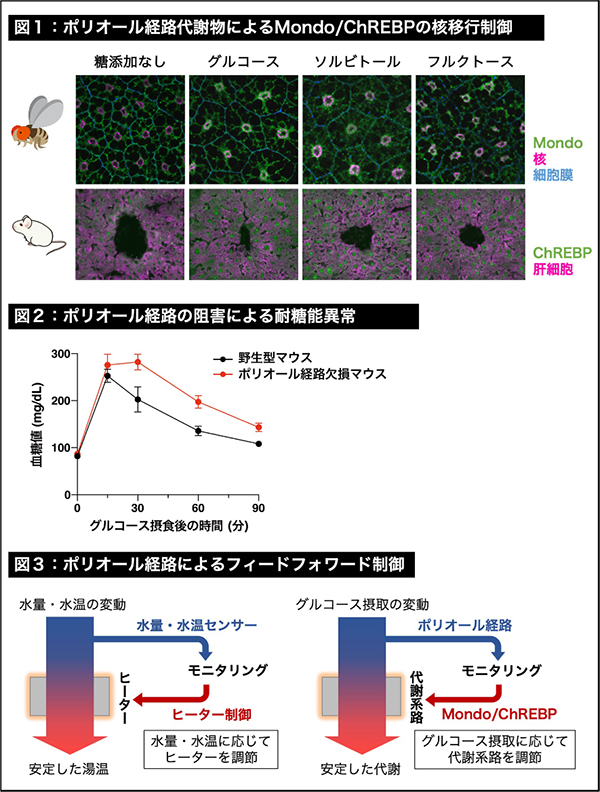2022-06-13 スイス連邦工科大学ローザンヌ校(EPFL)
ヒストン脱アセチル化酵素阻害剤(HDACis)は、様々な種類の癌に対する化学療法の補助剤として確立された化学化合物である。この薬剤は、化学療法の効果を高めるもので、化学療法を行わない状態で服用しても観察可能な効果はありません。また、過去10年以上にわたり、HDACisは精神医学および神経学の動物モデルにおいて、認知機能増強剤として使用されてきました。この薬物は、これらの動物において、明らかな副作用なしに記憶を改善することが知られているが、この薬物が全身投与されることを考えると、科学者たちを困惑させてきた。
すなわち、HDACisは、シナプス可塑性に重要な遺伝子を読み取る細胞の能力をサポートし、それによって神経細胞間のコミュニケーションを改善するのである。この成果は、『PNAS』誌に掲載されています。
<関連情報>
- https://actu.epfl.ch/news/an-anti-cancer-drug-acts-as-an-epigenetic-memory-a/
- https://www.pnas.org/doi/full/10.1073/pnas.2116797119
HDAC阻害剤CI-994は、学習後のシナプスおよび細胞内コミュニケーションを促進することにより、分子記憶補助剤として作用する The HDAC inhibitor CI-994 acts as a molecular memory aid by facilitating synaptic and intracellular communication after learning
Allison M. Burns, Mélissa Farinelli-Scharly, Sandrine Hugues-Ascery, Jose Vicente Sanchez-Mut, Giulia Santoni and Johannes Gräff
PNAS Published:May 25, 2022
DOI:https://doi.org/10.1073/pnas.2116797119

Abstract
Long-term memory formation relies on synaptic plasticity, neuronal activity-dependent gene transcription, and epigenetic modifications. Multiple studies have shown that HDAC inhibitor (HDACi) treatments can enhance individual aspects of these processes and thereby act as putative cognitive enhancers. However, their mode of action is not fully understood. In particular, it is unclear how systemic application of HDACis, which are devoid of substrate specificity, can target pathways that promote memory formation. In this study, we explore the electrophysiological, transcriptional, and epigenetic responses that are induced by CI-994, a class I HDACi, combined with contextual fear conditioning (CFC) in mice. We show that CI-994–mediated improvement of memory formation is accompanied by enhanced long-term potentiation in the hippocampus, a brain region recruited by CFC, but not in the striatum, a brain region not primarily implicated in fear learning. Furthermore, using a combination of bulk and single-cell RNA-sequencing, we find that, when paired with CFC, HDACi treatment engages synaptic plasticity-promoting gene expression more strongly in the hippocampus, specifically in the dentate gyrus (DG). Finally, using chromatin immunoprecipitation-sequencing (ChIP-seq) of DG neurons, we show that the combined action of HDACi application and conditioning is required to elicit enhancer histone acetylation in pathways that underlie improved memory performance. Together, these results indicate that systemic HDACi administration amplifies brain region-specific processes that are naturally induced by learning.


